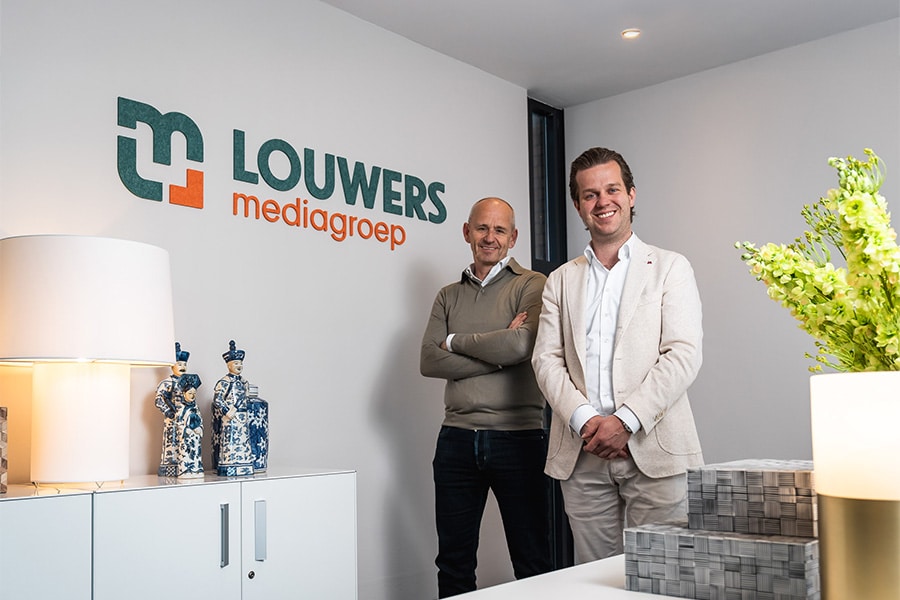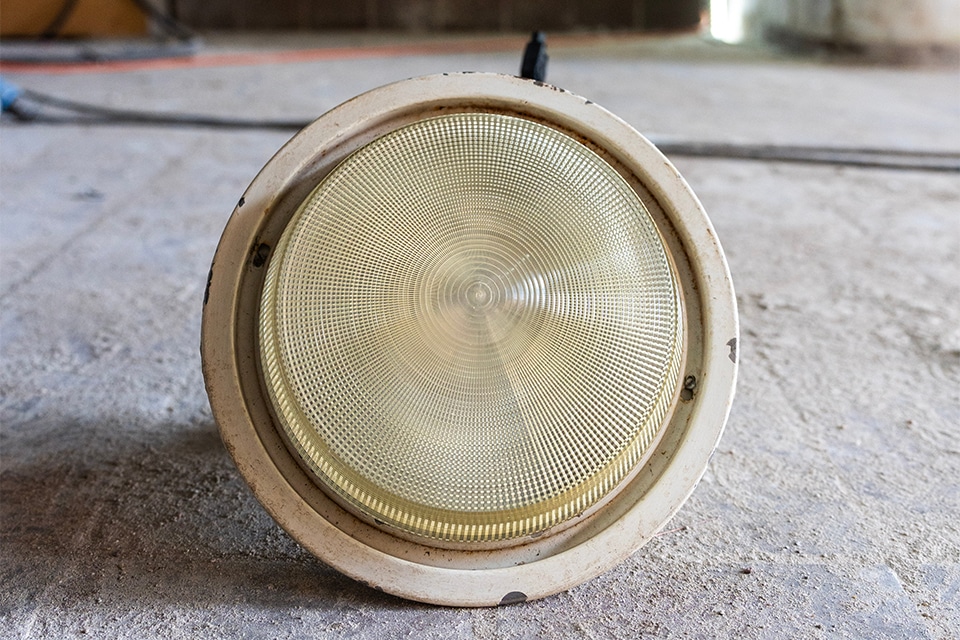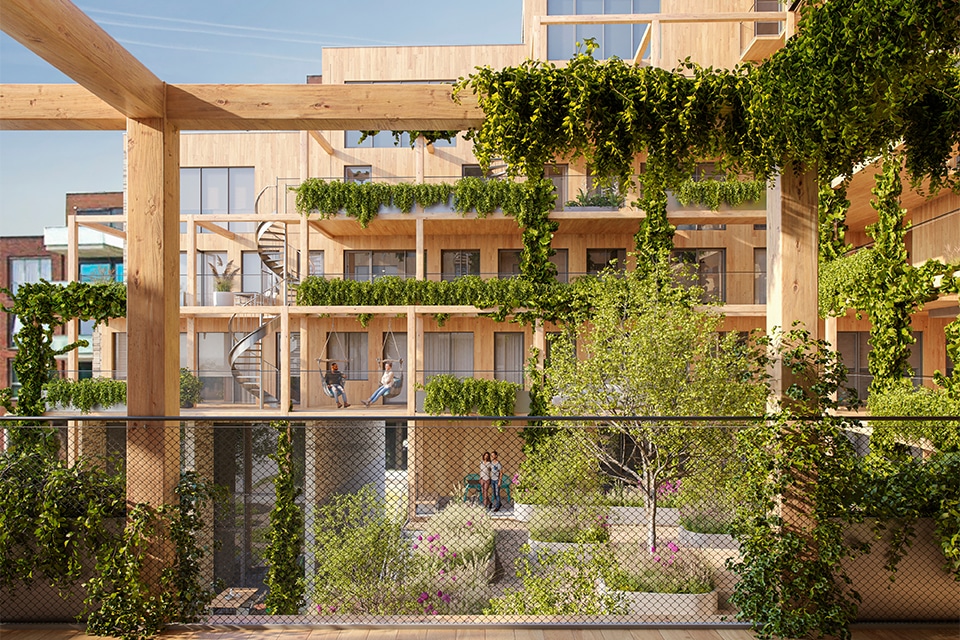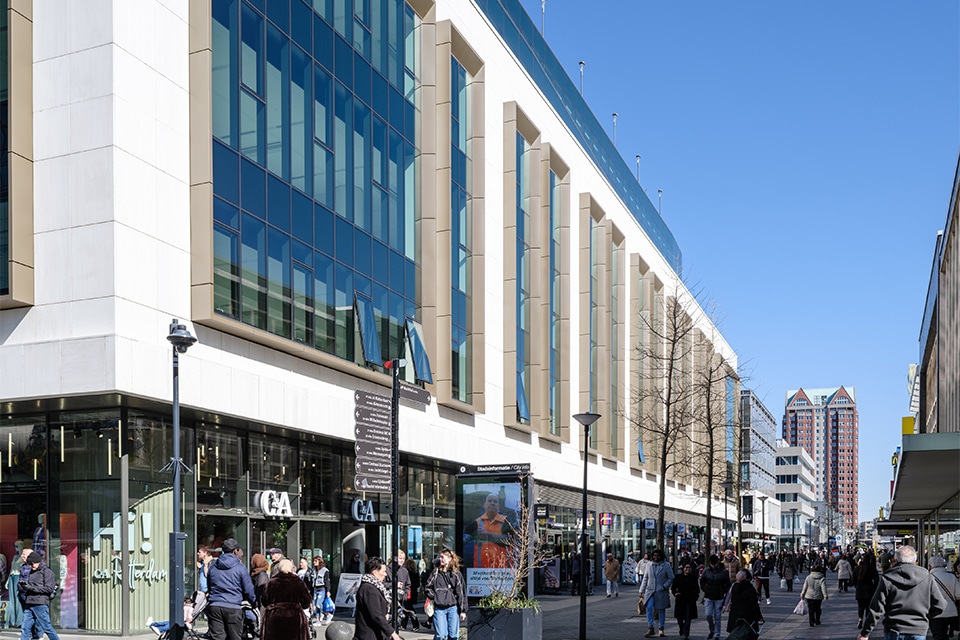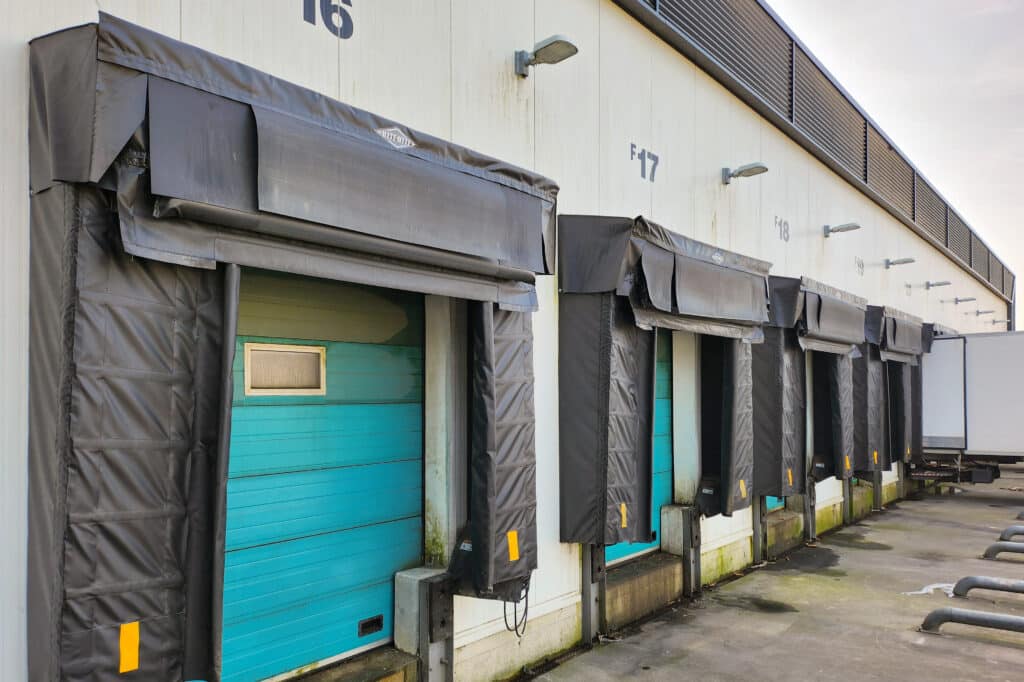
Climate control crucial in fish and food logistics by Kotra
Over the past decades, Yerseke has grown from an oyster and mussel village to a major transshipment location for fish. We visit a European market leader in fish and food transport.
Modern Kotra Logistics was created in 2009 after a management buyout, but De Koeijer Transport had been in business since 1880. The family business had built a reputation for transporting fish, shellfish and crustaceans, but today its operations have expanded considerably. While the headquarters is still in Yerseke, the company now has branches in Breskens, Urk, IJmuiden, Boulogne-sur-Mer, Krefeld and Frankfurt, among others. The emphasis is on supplying customers in the Benelux and Germany, but sales have expanded towards Southern and Eastern Europe. Services are divided into three pillars. First, conditioned transport with over 200 tractor units and over 300 towed units. Next, Kotra can handle all customs clearance. Finally, it offers options for storage and handling of products in its own refrigerated and freezer terminals.
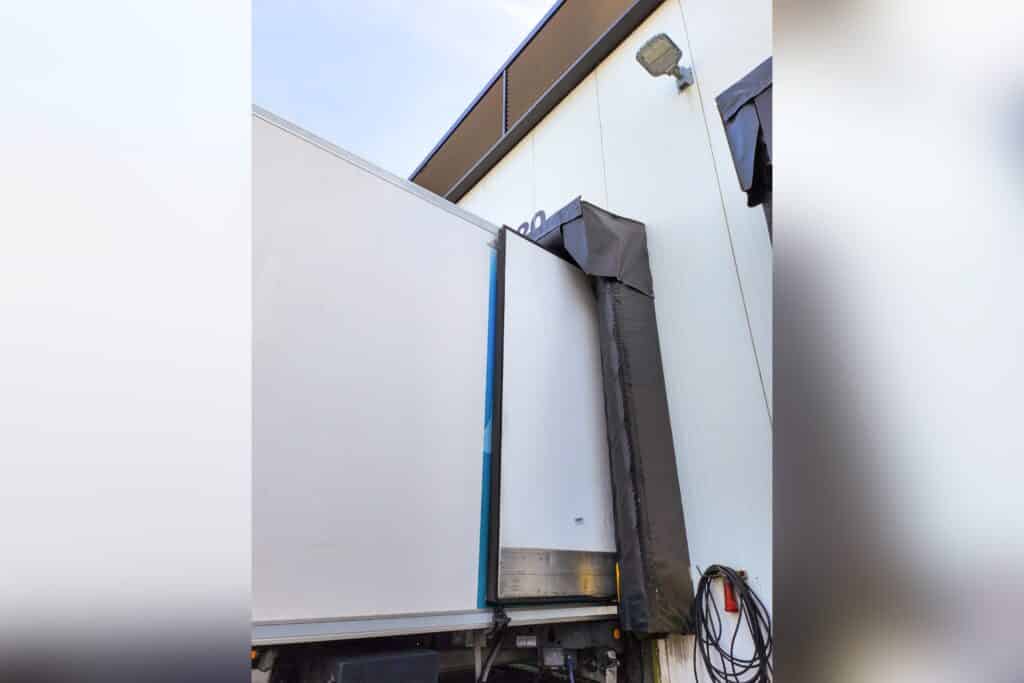
Loading and unloading in the fast lane
Storage and transshipment has long since ceased to be limited to fish, seafood and shellfish. Of course, Kotra is still synonymous with oysters and mussels, but the transporter also focuses on transporting chilled and MAP-packaged products. With increasing specialization in groupage, fish transports are complemented by mushrooms, doughnuts, ice creams and much more. Robbert Goedhart, Quality Manager at Kotra Logistics, explains the process: "Typical for this industry is the extremely short stay of the products in the warehouses. At the main location in Yerseke, the products arrive via six different docks. Each shipment is checked and after acceptance a label is applied for track and tracing, supplemented with product info. Then one of more than fifty pallet trucks takes them to the relevant destination area. The pallets all end up at floor locations. Each destination zone has certain dock doors for dispensing, although we are flexible with these if the situation calls for it."
The issue side is even more extensive. Docks 1 through 57 are used for fresh products, called the wet side. The next fourteen docks are for the dry side, such as packaged products and leak-proof products, and finally there are nine docks where products come out of the freezer environment. Goedhart: "Of course we need to load and unload in our warehouses as quickly as possible, but it is also very important that there be as few temperature increases as possible during that process. We usually keep the temperature in the warehouses between 1 and 2ºC and automatic systems alert us if it rises too much."
Since 2020, the warehouses underwent modernization. The refrigeration units were replaced from Freon to NH3 and were joined by solar panels. During measurements, Kotra discovered heat losses at the existing flap shelters and started looking for an alternative. This is how it ended up with specialist Rite-Hite. Rob Beekman of Rite-Hite offered a trial period with the Eclipse dock shelter. This shelter with above-average sealing was a success. After several months, seventeen new Eclipse shelters were installed, after which a step-by-step replacement process began. In 2023, the docks at the cold store were also equipped with eight of these shelters. Goedhart: "Rite-Hite's Eclipse seems to embrace the rear of the trailer, so to speak. The top is equipped with a weighted curtain that rests on top of the trailer. Even all openings between the trailer wall and door are sealed with a hook. The seal is now much better. Add to that the pleasant cooperation with the people at Rite-Hite and you can say that the loading and unloading areas have improved enormously." An additional advantage of the dock shelters is that they require hardly any maintenance and have a long life span.
A breath of fresh air
During more intense loading and unloading periods, it proved almost impossible to prevent a rise in temperature. In the areas with the most activity, HVLS fans from Rite-Hite were installed to better mix the cold and hot air. These slow rotating fans with extra-large blades help better maintain the homogeneity of the air and thus the desired temperature.
A greener future
Naturally, the focus at this specialist in fish and food logistics is on an energy transition towards greener operations. This is reflected on all fronts: in the clean EURO-6 trucks, the research into the possibilities of new fuels, the use of solar panels and finally also on the dock with the particularly well-sealing dock shelters. Less heat loss not only means better product integrity and lower energy bills, but also less waste.
